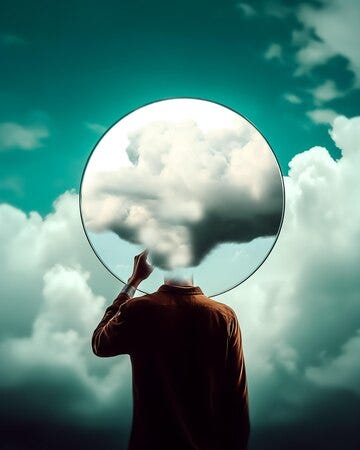On Not Being a Naive Tourist
Becoming a mindful traveler often helps reveal our blind spots about the world and opens our eyes to the reality of our humanity. Sometimes that can be unsettling.

“Travel isn’t always pretty. It isn’t always comfortable. Sometimes it hurts. It even breaks your heart. But that’s okay. The journey changes you. It SHOULD change you. It leaves marks on your memory, on your consciousness, in your heart, and on your body. You take something with you. Hopefully, you leave some…
Keep reading with a 7-day free trial
Subscribe to Those Who Wander to keep reading this post and get 7 days of free access to the full post archives.


